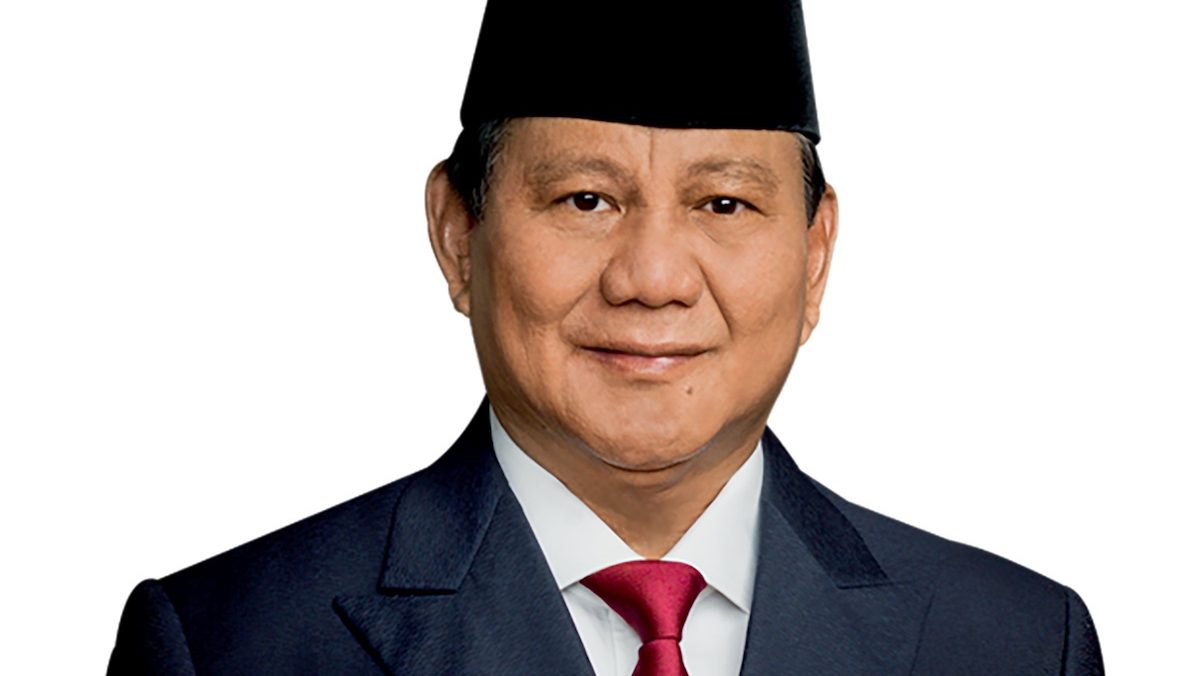Indonesia’s joining BRICS marks a significant shift in its foreign policy and could complicate relations with Washington, warn analysts.
Indonesia was admitted as a full member of BRICS, the group’s current president, Brazil, announced on Monday, and this was confirmed by the Indonesian Foreign Ministry on Tuesday (January 7).
Not Joko’s policy
However, the BRICS membership, which Indonesia’s newly inaugurated President Prabowo Subianto wanted, goes against former president Joko Widodo’s more cautious policy.
Widodo wanted his country to be a member of the Western-aligned Organisation for Economic Cooperation and Development (OECD) instead, writes Amy Sood in the South China Morning Post.
BRICS, founded by Brazil, Russia, India and China in 2009 and expanded to include South Africa in 2010, was created as a counterweight to the Western Group of Seven developed nations.
Last year, four more nations joined BRICS – Egypt, Ethiopia, Iran, and the United Arab Emirates. Indonesia is the tenth full member.
President Prabowo, who took office in October, prioritised joining BRICS, making it part of his quest to expand Indonesia’s global partnerships. The foreign ministry described it as a “strategic step” to enhance cooperation with developing nations.
‘Likely challenge to US interests’
However, there is a risk. “The incoming Trump administration will likely view Indonesia’s BRICS membership as a challenge to American interests,” says Dedi Dinarto, lead Indonesia analyst at strategic advisory firm Global Counsel.
Political analyst Yohanes Sulaiman questions the timing of the BRICS entry. With Trump coming into power within weeks, he asks if this is really a good time to join BRICS.
Trump threatened 100% tariffs
Last month, Trump threatened to impose tariffs of up to 100 per cent on BRICS members after the bloc discussed a rival currency to the US dollar during a summit in October.
Jakarta was apparently unfazed by the tariff threat. Some observers suspect Prabowo was driven by personal ambition to embrace BRICS, writes Amy Sood in the South China Morning Post.
While Beijing and Moscow use BRICS to push their own agendas, analysts speculate Prabowo joined the group to position Indonesia – and himself – as a leader of the Global South.
Nonaligned image
But this could undermine Indonesia’s image as a nonaligned nation, says Radityo Dharmaputra, an international relations lecturer at the University of Airlangga in Surabaya.
“It might be Indonesian naivety that the government still thinks they are being non-aligned while joining BRICS,” he says. “I think it is [Prabowo’s] own vision of being on a stage with all the other leaders without really thinking about the consequences.”

